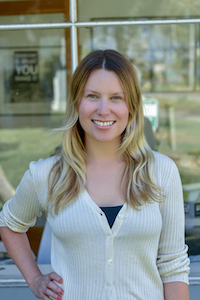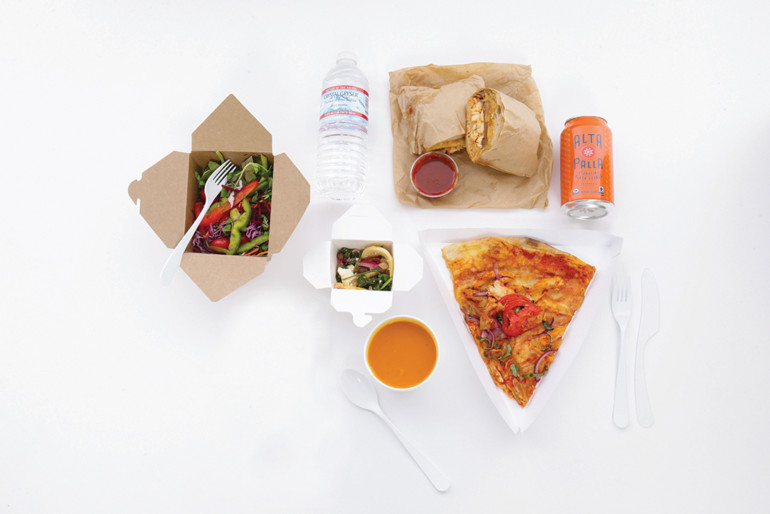WHEN PURCHASING FOOD from the salad and hot food bars at the grocery store, have you ever wondered why you’re asked to package cold and hot in separate containers? It’s for tax reasons. The California State Board of Equalization (BOE) administers the state’s sales taxes on fuel, alcohol, tobacco, food and other items and collects fees that fund specific state programs. And in the case of taxes on to-go food, the devil is in the details. Items like carbonated beverages — sodas, sparkling water, and alcohol — are always taxable. Hot beverages, such as coffee, hot tea, mochas and so on, are not. Cold foods are not taxable, but hot foods are, and this is where things get complicated. According to the BOE: “A food product is considered a hot food product if it is heated to a temperature above room temperature.” Examples of heating food range from the use of steam tables to dipping a sandwich in hot gravy. Additionally, food is considered hot even if it has cooled by the time of sale since it was intended to be sold as hot food. Combination packages, when two or more items are sold together for a single price, also fall under different guidelines. “If a combination package sold to-go includes a hot prepared food or hot beverage, its sale is taxable,” by BOE standards. Hot coffee and a doughnut? The hot coffee makes the package taxable. Cold sandwich and iced tea? Not taxable. So if you think you’re being “green” by bundling your takeout at the store, be aware that by doing so you may wind up paying too much.

Kasia Pawlowska loves words. A native of Poland, Kasia moved to the States when she was seven. The San Francisco State University creative writing graduate went on to write for publications like the San Francisco Bay Guardian and KQED Arts among others prior to joining the Marin Magazine staff. Topics Kasia has covered include travel, trends, mushroom hunting, an award-winning series on social media addiction and loads of other random things. When she’s not busy blogging or researching and writing articles, she’s either at home writing postcards and reading or going to shows. Recently, Kasia has been trying to branch out and diversify, ie: use different emojis. Her quest for the perfect chip is never-ending.


